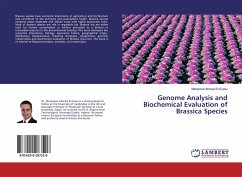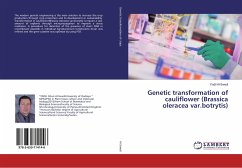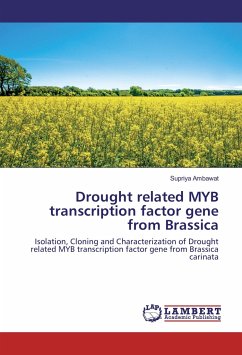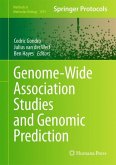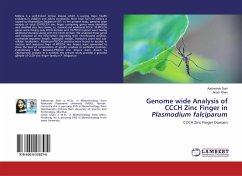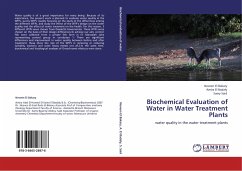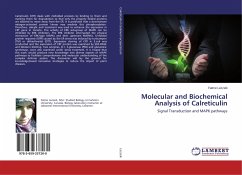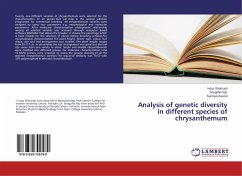Brassica species have economic importance in agriculture and horticulture and contribute to the economy and populations health. Brassica species comprise major vegetable and oilseed crops with highly agronomic traits. Most of Brassica species are rich in vegetable oils. Brassica oils are either used for human consumption or further processed as a biofuel or renewable resource in the petrochemical industry. This book addresses the economic importance, biology, taxonomic history, geographical origin, distribution, domestication, breeding strategies, cytogenetics, genomic relationships and biochemical evaluation of Brassica resources. This book is of interest to Brassica breeders, scientists, and researchers.
Hinweis: Dieser Artikel kann nur an eine deutsche Lieferadresse ausgeliefert werden.
Hinweis: Dieser Artikel kann nur an eine deutsche Lieferadresse ausgeliefert werden.

